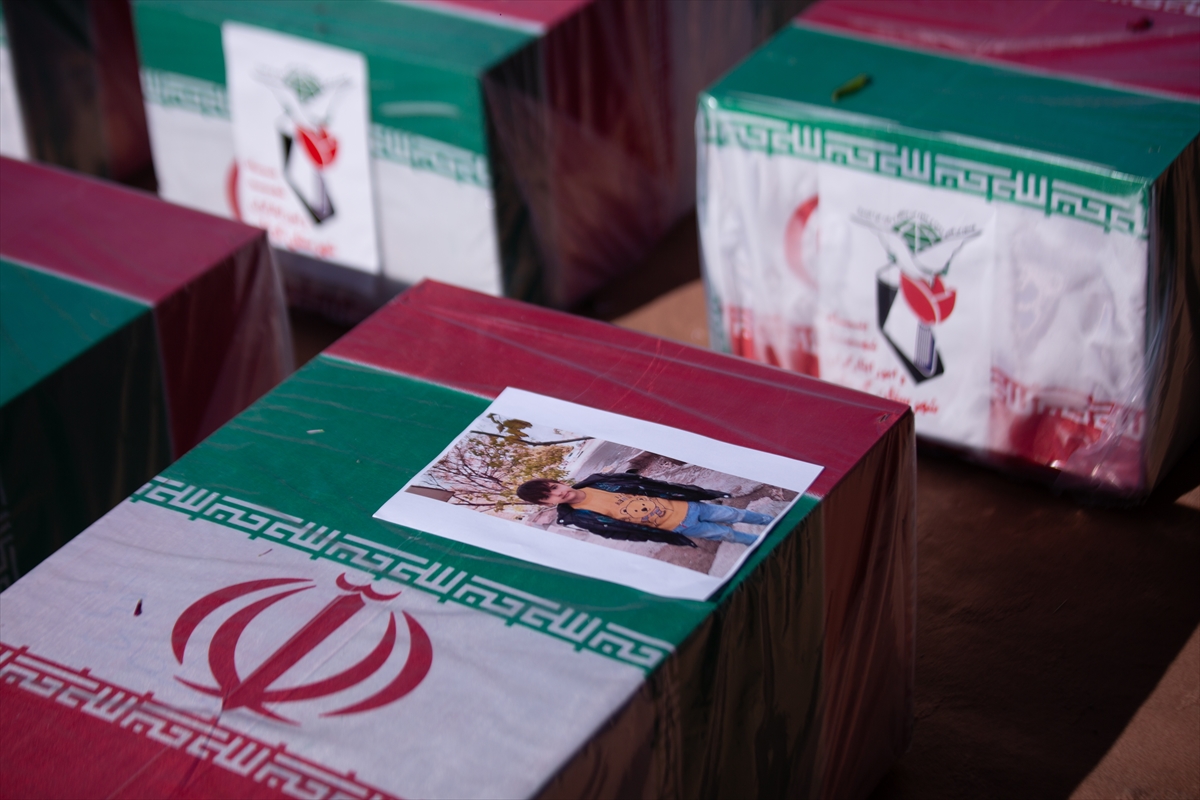
By Seyyed Mohammad Javad Hasheminejad
Wailings of civilians and scenes of lifeless bodies of women, children, and innocent families stained with dust and blood in the Kerman terror attack were so harrowing that a significant number of countries, which usually maintained silence in the face of similar events in Iran, were compelled to condemn or take a stance against this tragic terrorist incident. The first question raised from the very beginning of this attack was about the perpetrator of this unprecedented incident. To answer this question, one should analyze the events that took place within the past few weeks in West Asia. However, it seems better to lead the question toward the motives behind plotting the Kerman terror attack.
In the initial hours after the incident, the media were seeking an answer as to which group or entity might assume responsibility for this terrorist incident. At the same time, a number of political analysts both within Iran and abroad did not hesitate to point to Israeli as the perpetrator.
This is not wild speculation. In recent years, numerous terrorist operations have been conducted against Iran including assassination of Iranian scientists and military advisors in the region, attack on Iranian ships in international waters, and cyber-attacks. In all cases, available evidence points to Israel as the perpetrator or the beneficiary of the committed crimes. These acts were never met with denial from Israel and many figures in the west such as diplomats and US journalists have identified Israel as the perpetrator and mastermind. The reality is that a war has been going on between Israel and Iran on various fronts for over a decade with both sides striving to assert their dominance in all security arenas. This issue is transparent to all.
This time, however, the course of events in west Asia is in such a way that many analysts, regardless of the fact that ISIS claimed responsibility for the attack, still consider Israel as the main orchestrator.
The assassinations of Iranian commander Sayyed Razi Mousavi on December 25 and senior Hamas leader Saleh al-Arouri on January 2, and terrorist bombing in Kerman on January 3 are specifically in line with a security strategy which was adopted as a result of the Israeli regime’s faded grandeur following the October 7 operation and the continuation of its failure in the realization of the declared goal namely the destruction of the Hamas movement. Also, the purpose behind the mentioned Israeli operations, as some analysts argue, was trying to deflect attention from its ongoing gruesome war crimes in Gaza.
By committing such actions in Iran, Syria and Lebanon, which are called the Axis of Resistance, Israel is trying to make up for its failures far from its crucible within the Palestinian borders. Furthermore, due to the increasing pressure from the military and opposition politicians, the Israeli Prime Minister Netanyahu tries to describe such cross-border operations as an achievement to reduce the pressure.
Murdering innocent Palestinian civilians and bombing hospitals and schools by Israel since October and earlier prove that this apartheid regime has the least regard for human lives. As asserted by Andrew Sinclair in his book titled An Anatomy of Terror: A History of Terrorism, “creation of new Israel began with murder and terrorism…. Such tactics were reprisals and sudden attacks by the new military knights in armor, the tank brigades, also cross-border raids and killings carried out by various secret and intelligence services”.
Palestinians are not the mere victims of Israel’s terrorism since citizens of other nations such as Iran have always fallen victim to the terrorist and subversive acts of this criminal regime either through direct terrorist operations or via its terror network including proxy terrorist groups such as PJAK, KDP, Komala and the MeK. However, Al-Aqsa Storm operation where Israel failed to defeat a resistance group despite huge military spending and full Western support shows that the odds are heavily against Israelis in a probable confrontation with a powerful West-Asian country like Iran.
